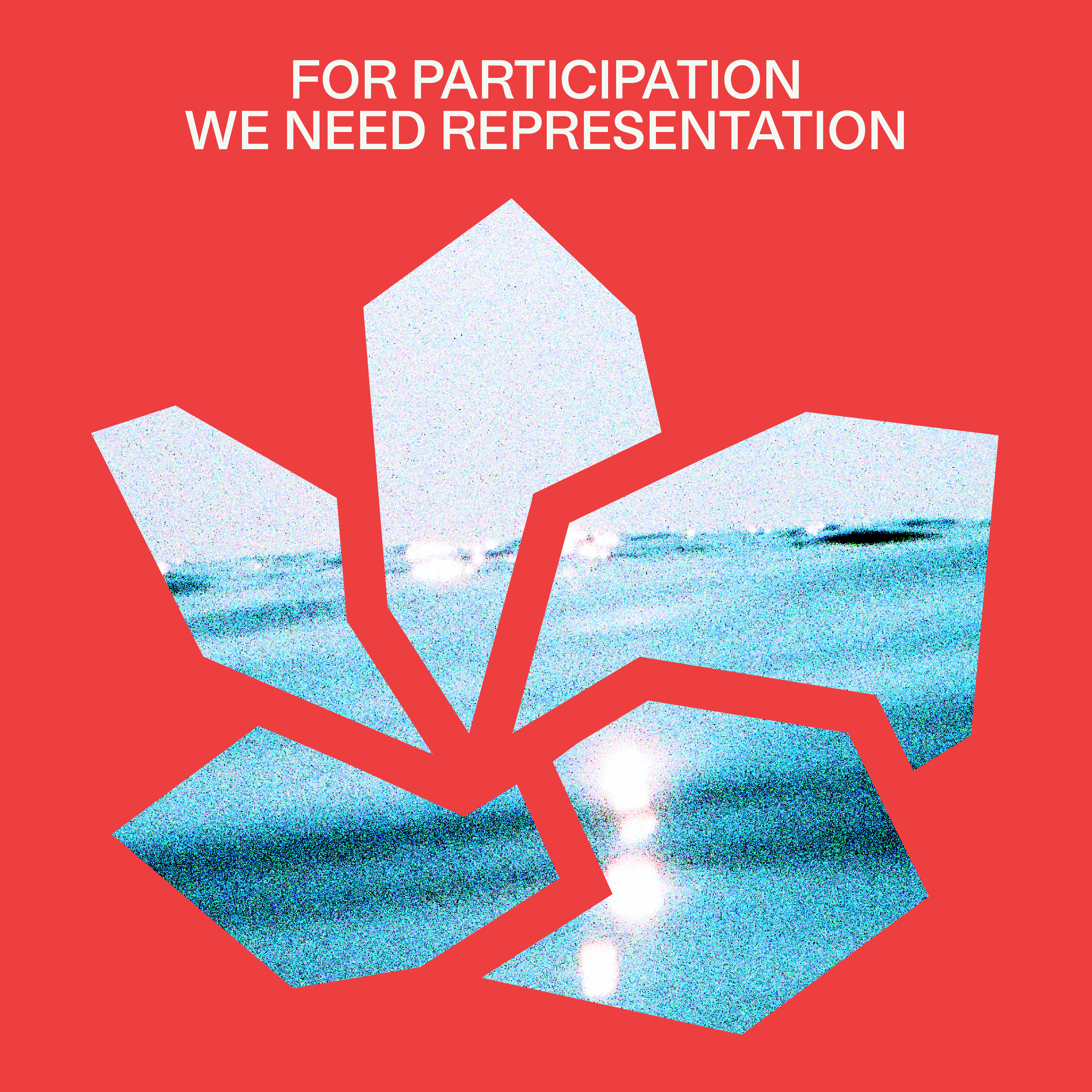Soulmate is a Safe Space
«For social change, we need public participation. To get public participation, we need representation.»
Back in 2015, I was enjoying a busy life in the vibrant music scene in Yogyakarta. I was playing bass in an indie pop band, Summer in Vienna, while building a new band as a singer/bass player/songwriter in the dreampop unit Seahoarse. I was also regularly organizing Lelagu, an acoustic show at a gallery at the heart of Jogja’s art district. Every day that year my life revolved around rehearsing and writing music, performing with my bands, watching performances of my friends’ bands, or creating a music event.
Amidst those fleeting careless days of immersing myself in the musical community, entered Danang. Tall, handsome, and almost too well-groomed for a guy in the scene back then, Danang and his pop trio, TikTok, often played at the same events as my bands. He and his strikingly beautiful singer/keyboard player, Dita, immediately became a pair of familiar faces when we had to share backstages.
Danang quickly entered the scene as «one of the guys». I recruited him to help me with physical duties at Lelagu. He would heave heavy soundsystem speakers, manage cable rolls, and man the sound mixer. It was during one of those Lelagu days when he took care of the stage that he met Gusti Arirang, a cute singer/guitar player of the playful pop trio Chick and Soup. The two immediately hit it off.
From what I saw on Instagram posts and scene gossip, Danang, Dita, and Gusti became inseparable. We speculated whether Danang was romantically involved with one of the girls. The next thing we knew the three started a new band called Tashoora.
At that time I had already given up my scene life and moved to Jakarta to start a professional career as a journalist. I met Danang, Gusti, and Dita again in 2019 when Tashoora played an acoustic show in Kios Ojo Keos, a small coffee shop/bookstore/venue in South Jakarta. Danang wore his hair curly and long. He ditched sleek business casual shirts for flowy layers of eccentric dresses and trousers. I thought it was just an antique expression, a part of Tashoora’s aesthetic decision.
A few years afterwards, during the pandemic, I saw wedding pictures of Danang and Gusti, tying the knot in a small, elegant family gathering under COVID restriction. And then, not long afterwards, Danang made an announcement: he was never a he afterall, he’s a she, and her name’s Dania.
The first time I met Dania was in an activist gathering in early 2022. She came running and hugged me so tight. I exclaimed, «You’re so pretty!» because it was true. Her hair was long and flowing. Her facial features were carefully highlighted with make up. Her dress embodied her character perfectly. She looked beautiful, happy, healthy, and truly herself.
The tall, handsome, and somewhat too well-groomed boy who helped me heave heavy soundspeakers back then in 2015 is now a twiggy, cheerful, very graceful woman who is confident in her own skin. Dania is a special character in my group of friends whose story I believe is important to tell – especially braving the heteronormativity and transphobia among the independent music scene, both in Jogja and in Jakarta, both in the 2010s and now.
In this podcast, Dania and I reminiscence on our old days in the Jogja music scene and patch the holes in her story that I previously didn’t know: her journey in finding her inner truth, her great relief when she found Gusti, her first safe space and source of unconditional love, and the remaining friends and family who filtered through the finely holed social colander of transphobia.
This podcast is part of the digital publication Norient City Sounds: Jakarta, curated and edited by Gisela Swaragita.
Biography
Biography
Published on August 27, 2025
Last updated on September 23, 2025
Topics
Queer is a verb, not a noun. Thinking & acting queerly is to think across boundaries, beyond what is deemed to be normal.
From hypersexualised dance culture in baile funk to the empowering body culture in queer lifestyles.
From Bangladeshi electronica to global «black midi» micro scenes.
Why New Yorks’ underground doesn’t give a fuck about Trump or why satirical rap in Pakistan can be life threatening.
Why is a female Black Brazilian MC from a favela frightening the middle class? Is the reggaeton dance «perreo» misogynist or a symbol of female empowerment?
Special
Snap

